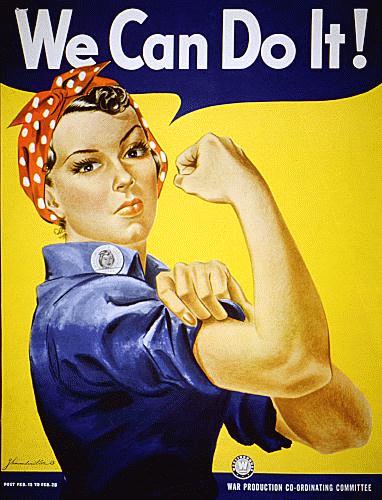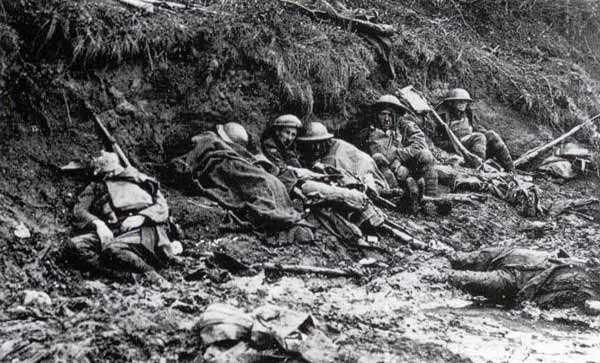To my darling,
I have just
retired from the front lines and all I can say is that that experience has been
utterly horrifying. Hell. That place was hell. I have never dreaded 48 hours
more than I had in there. My fellow soldiers and I spent our times in fear and
distress, as the realization dawned upon us that any second we could be issued
to ‘go over the top’, over No Man’s Land. We were always on our guard in the
front trenches, as we were always in danger of getting killed. Our enemy has a
vast amount of supply of gas shells. I’ve heard what that gas can do, and it is
not a pretty picture. Apart from the panic, it causes a lot of agony, as one is
easily blinded from the heavy gas that sinks into our trenches. If the
poisonous gas fills into one’s lungs, consider them dead. We never know when
it’s coming either; with all the smoke from the gas flames, fires, and
explosions, it could be easily mixed up. Mercifully, we have been handed out
gas masks that we are to wear at all times for prevention. The worst thing in
the front lines is not the mustard gas, the mud, the explosions, the pests.. it
is the dead bodies of all the soldiers, who were once just like me. We all come
from different places but we all serve the same purpose; to fight for our
nation, for our people, for our country’s pride. All these people, they don’t
deserve to die. My friend Marc was shot yesterday; he was commanded to pass No
Man’s Land. His other friends have gone into shell shock, barely eating or
communicating with anyone. In fact, many soldiers are in that depressing
psychological state. All the talk that took place before is gone. You can’t
blame them though, watching your friends die like that, anyone would be. Higher
ranks call them cowards, I personally call them heroes. The generals don’t
permit us to move the bodies yet. Although the odour and rotting of the cold,
pale faces is unbearable; the bodies themselves still keeps us safe, acting as
a shield, as we are still quite exposed to danger. I finally get to rest for
four days in the reserve trenches before I am pulled up again to the supporting
and front lines. I hope time can somehow slow down, delaying my duties in the
front.
Jacques DuBois
Sources:
Canadians at War 1911-1918 By: Donald M. Santor
http://www.firstworldwar.com/features/trenchlife.htm








